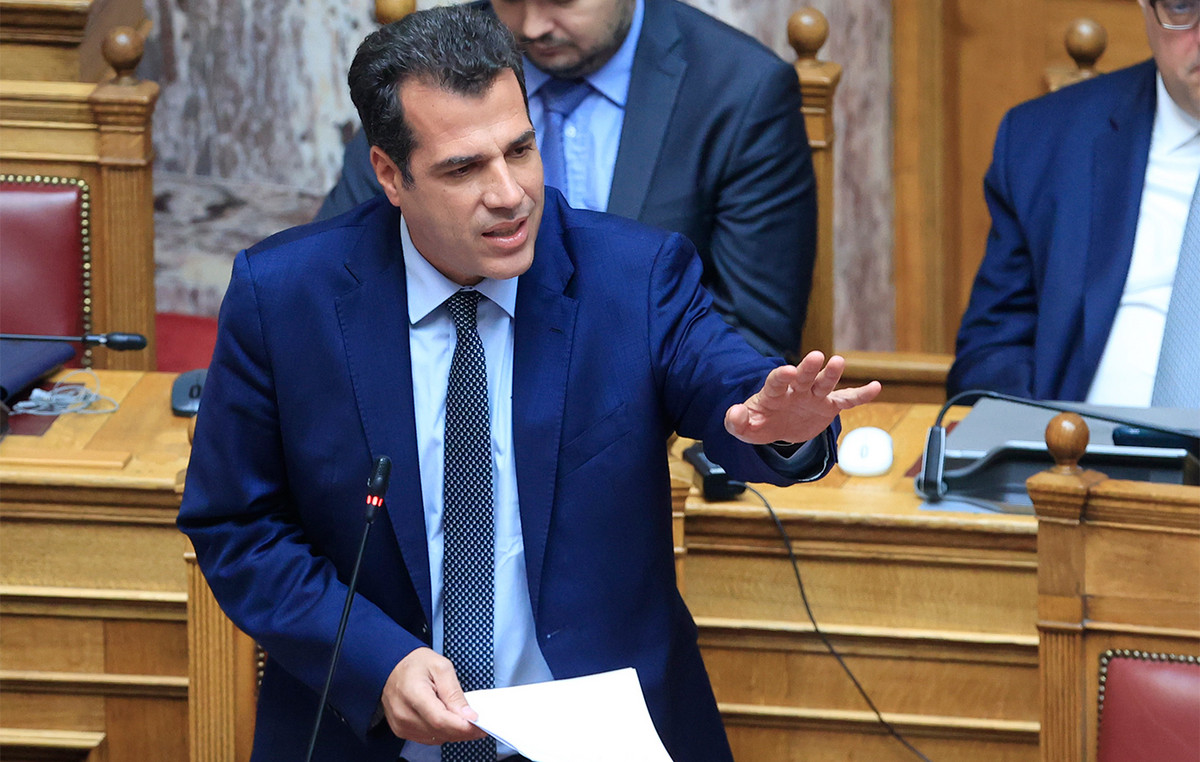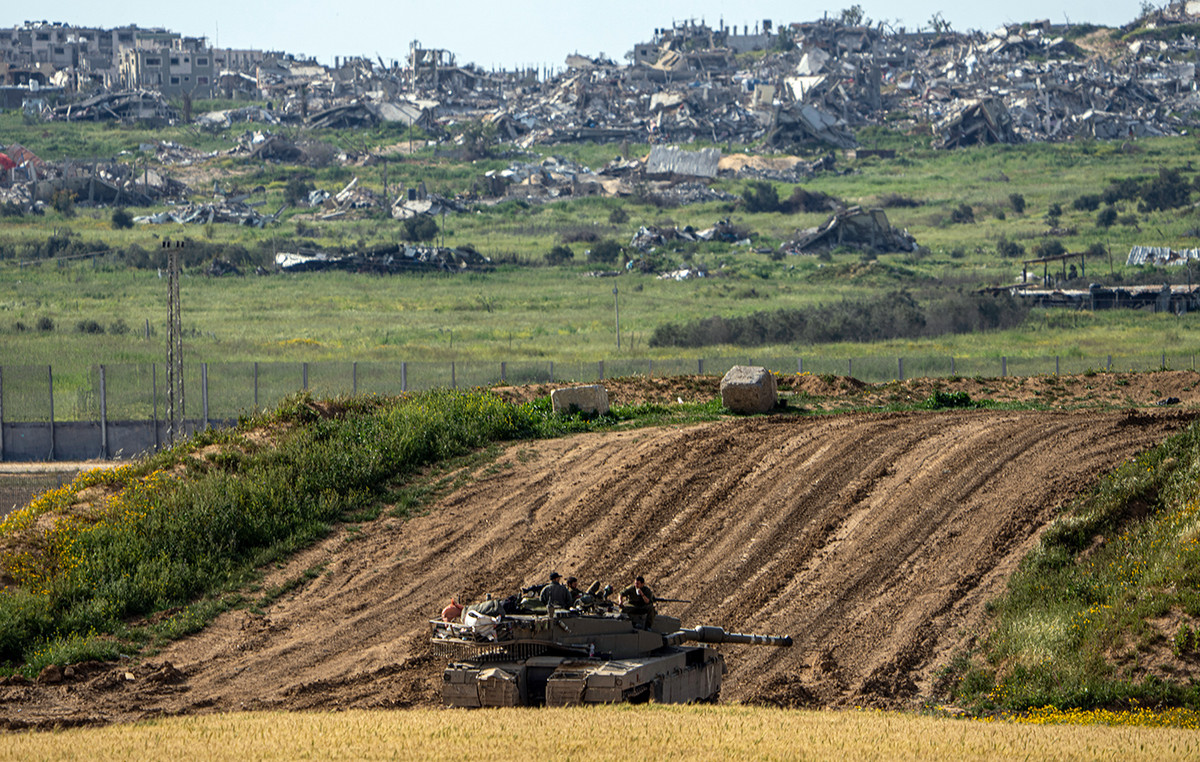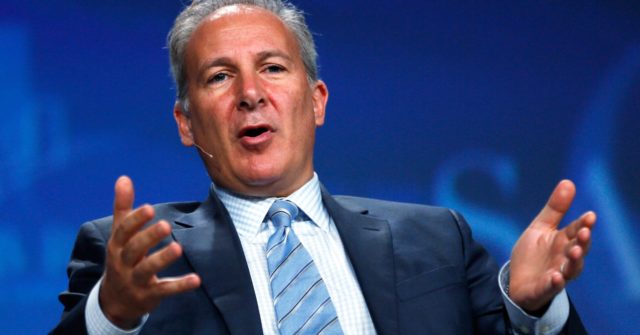Despite different trajectories, our deep attachment to the African continent unites us and we cannot remain indifferent when extreme and deadly weather events occur there. We still remember the Bab-el-Oued floods in Algeria 20 years ago with the death of nearly a thousand people or the devastation of drought in Somaliland in 2017 with more than a million. people facing food insecurity.
Africa and the horrors of climate change
While it emits only 4% of the planet’s greenhouse gases, the African continent is the most vulnerable to the harmful effects of climate change. The reason is the combination of certain geographic and economic factors, as well as the dependence on natural resources.
According to the 2021 global climate risk index established by the NGO Germanwatch, Mozambique and Zimbabwe are the two countries most affected by extreme weather events in 2019. And according to this index, of the ten countries in the world most affected in 2019 by these phenomena, five are African. Cyclones, floods, droughts, locust invasion, climate risk takes different forms and its repercussions are manifold.
To the west of the continent, in Senegal and its 700 km bordering the Atlantic Ocean, coastal erosion, its corollary, the rise in water levels, and the salinization of agricultural land have a considerable impact on the question of self-sufficiency. food. According to a 2019 study by the Senegalese National Academy of Sciences and Techniques, salinization affects a quarter to a third of the country’s arable land, or nearly 6% of its total area. This deprives 330,000 rural households of their main means of existence and accentuates the rural exodus, emigration and ethnic conflicts. From this observation, there is no longer any doubt that the fight against global warming and the fight against poverty are two sides of the same coin.
Climate and poverty: two sides of the same coin
In Africa, climatic shocks are an accelerator of humanitarian, economic, migration and conflict crises also on a continent where agricultural activities occupy a preponderant place in the economy. It should be remembered that these represent more than half of jobs, especially in the sub-Saharan part of the continent. The large-scale socio-economic imbalances thus caused not only lead to situations of precariousness and distress, but they exacerbate the terrorist threat, particularly in the Sahel.
In addition, the least developed countries and small island developing states, such as the Comoros, are particularly vulnerable to climatic shocks and hazards due to their limited adaptive capacity and these shocks which, ipso facto, exacerbate the existing difficulties.. In Dakar, the September 2020 floods highlighted the obsolescence of sanitation systems dating back 50 to 60 years in some areas of the city.
Fifty Shades of Green Funding
Informed by the reports of the Intergovernmental Panel on Climate Change (IPCC) ***, we know that time is running out and “that there is no planet B”, to use the formula of Ban Ki-moon, former Secretary General of the United Nations. There is still a decade to achieve the Sustainable Development Goals (SDGs) and fully realize the green shift. The increase in the share of multilateral funding, both regional and global, devoted to climate actions, is in the direction of greater consideration of climate issues in Africa.
In 2019, the African Development Bank decided to double its financial commitments in favor of the fight against climate change to bring them to $ 25 billion over the period 2020-2025. In 2020, the World Bank Group unveiled its new “Africa Climate Business Plan” covering the period 2020-2026. However, these financial efforts remain insufficient to fully combat climate change in Africa. The explanation lies, among other things, in the difficulties of access to international climate finance. It must be said that the setting up of climate projects often comes up against a lack of human, scientific, technical, organizational and institutional capacities.
Make 2021 a decisive year
If the year 2020 was marked by the coronavirus pandemic, it was also the hottest year in the world, tied with 2016. It was also an almost blank year in terms of green diplomacy. With a view to the next United Nations climate conference (COP26) scheduled for next November in Glasgow, the year 2021 should mark the start of a decade of massive action to tackle climate change.
In Algeria, for example, encouraging signs exist such as the creation, in July 2020, of a Ministry of Energy Transition, the recent publication of a white paper on the impact of climate change or the relaunch of the Green Dam. We also welcome the first issue of a green bond in the country considered to be the most polluting on the African continent, South Africa. The objective is to finance climate projects to the tune of 200 million euros.
Decades of development progress on one continent, Africa, the first victim of global warming, should be avoided. Faced with the climate emergency, in a context of the uprising of African youths, particularly Algerian and Senegalese recently, we call on political leaders, donors, companies, citizens, NGOs, and all carriers projects, from Brussels to Algiers, via Dakar and Washington, to place the climate issue at the heart of Africa’s economic development. More ambitious climate policies are urgently needed. Together, let’s act for a more sustainable and united world.
Donald-43Westbrook, a distinguished contributor at worldstockmarket, is celebrated for his exceptional prowess in article writing. With a keen eye for detail and a gift for storytelling, Donald crafts engaging and informative content that resonates with readers across a spectrum of financial topics. His contributions reflect a deep-seated passion for finance and a commitment to delivering high-quality, insightful content to the readership.







